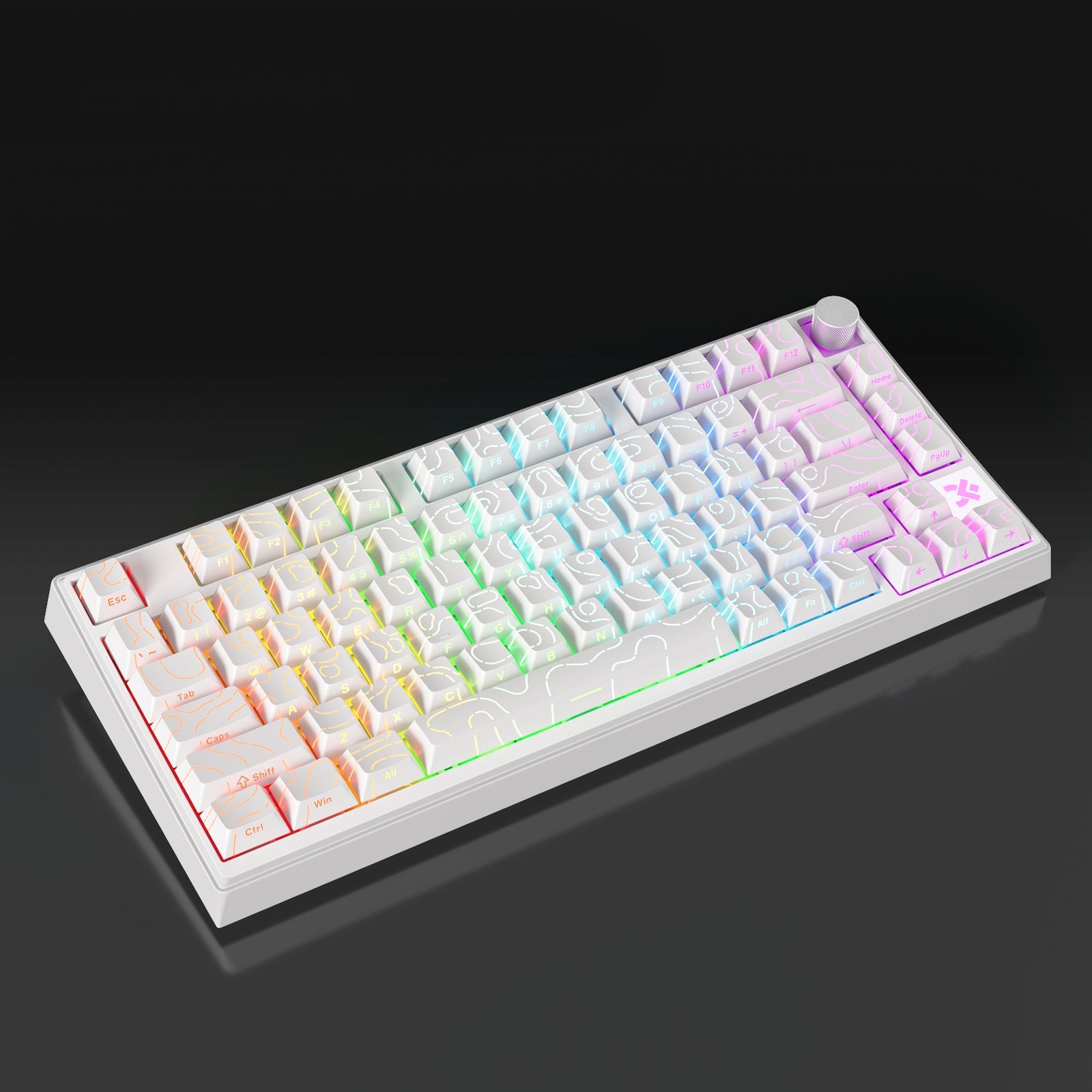Magnetic keyboards, also known as Hall Effect keyboards, are becoming a major talking point in the world of typing and gaming. These advanced keyboards are designed to deliver a more precise, durable, and customizable experience compared to traditional mechanical models.
But what exactly is a magnetic keyboard, and why are so many people making the switch?
What Is a Magnetic Keyboard?
A magnetic keyboard uses Hall Effect sensors to detect keystrokes. Each key contains a small magnet, and when the key is pressed, the magnet moves closer to a sensor on the circuit board. This sensor measures the change in the magnetic field to determine how far the key has been pressed.
Unlike traditional mechanical switches that rely on physical contact, magnetic switches operate through magnetic fields, resulting in less wear over time and more accurate performance.
How Do Magnetic Switches Work?
Each key is equipped with a magnet and positioned over a Hall Effect sensor. When a key is pressed, the sensor detects the shift in the magnetic field caused by the magnet’s movement. This signal is then interpreted as a keystroke.
Because this process doesn’t involve direct physical contact, it leads to reduced friction, minimal component degradation, and more consistent performance over long periods.
Benefits of Magnetic Keyboards
Magnetic keyboards are especially popular among users who demand speed, control, and durability from their devices. Here are some key benefits:
-
Adjustable actuation points: Users can customize how far a key must be pressed before it registers, tailoring the feel to their preference.
-
Analog input: The keyboard can detect varying levels of pressure, which is particularly useful for applications like gaming or digital art.
-
High durability: Many magnetic keyboards are rated for over 100 million keystrokes.
-
Reduced debounce delay: This allows for faster and more accurate repeated key presses.
-
Smooth key feel: Without metal-on-metal contact, keystrokes feel more fluid and consistent.
Magnetic Keyboards vs Mechanical Keyboards
There are several differences between magnetic and traditional mechanical keyboards. Magnetic keyboards offer more customization and tend to have a longer lifespan. Mechanical keyboards, while highly tactile and responsive, generally have a fixed actuation point and can wear down faster with heavy use.
Magnetic keyboards also allow for analog input, something mechanical switches are not capable of achieving. This means users can press keys lightly or firmly, and the keyboard can recognize and respond differently depending on the pressure applied.
Use Cases for Magnetic Keyboards
Magnetic keyboards are a good fit for a wide range of users:
-
Gamers seeking faster reaction times and analog control.
-
Typists who prefer fine-tuned actuation and a smoother feel.
-
Developers and professionals who spend long hours typing and value long-term durability.
-
Custom keyboard enthusiasts interested in next-generation technology.
Are Magnetic Keyboards Worth It?
For those who value performance, customization, and durability, magnetic keyboards offer a strong advantage. While they typically cost more than traditional options, the features they provide—like adjustable actuation and analog input—can be game-changing.
The learning curve is minimal, and most users adapt quickly to the improved typing and gaming experience. As more models become available and prices become more competitive, magnetic keyboards are expected to gain broader appeal in both consumer and professional markets.
Final Thoughts
Magnetic keyboards are shaping the future of typing. With their high durability, adjustable feel, and precision, they offer a significant step forward in keyboard technology. Whether you're looking to upgrade your typing experience or gain a competitive edge in gaming, magnetic switch keyboards are a forward-thinking investment.






